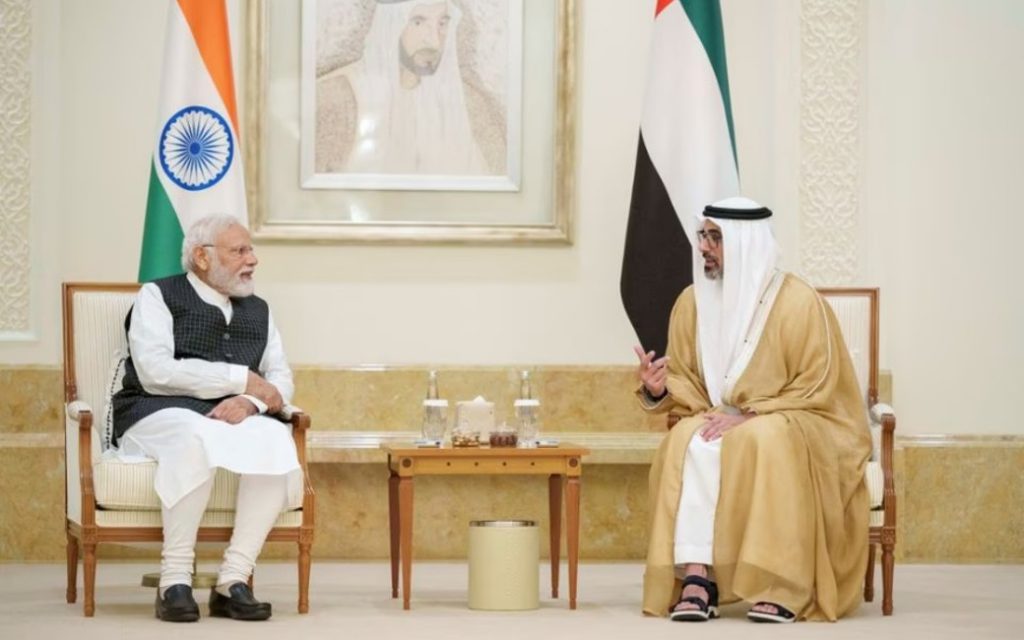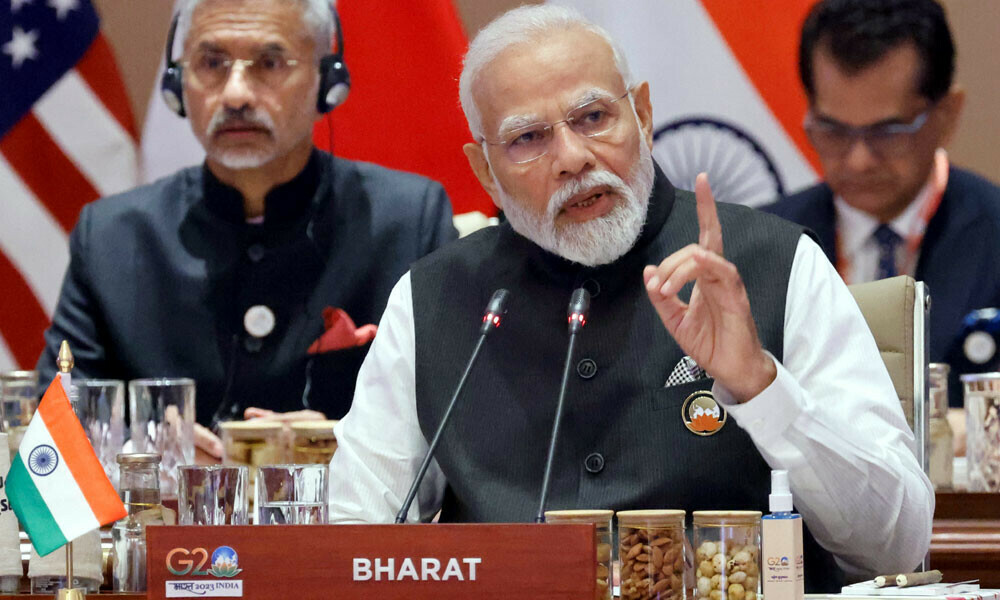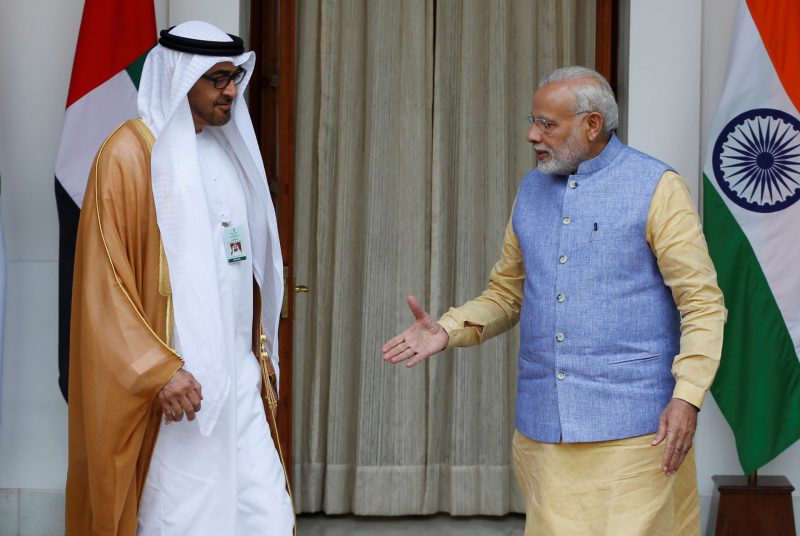In what is a landmark development for the BRICS nations, India has made its first-ever local currency payment to the United Arab Emirates (UAE) in an oil trade. Indeed, the agreement saw both countries settle the trade in rupees after agreeing to abandon the US dollar in bilateral dealings earlier this year.
The agreement was a key part of the economic alliances’ de-dollarization efforts instituted throughout this year. Moreover, the UAE was one of the five nations welcomed into the bloc during its 2023 annual summit. It joined Saudi Arabia, Egypt, Iran, and Ethiopia as its newest members.


Also Read: BRICS: 70% of Countries Seeking CBDCs to Help Ditch US Dollar
India Makes Landmark Oil Deal With UAE in Rupees, Ditching US Dollar
For much of 2023, the BRICS economic alliance has sought to increase its global advance. Indeed, a crucial part of that has been its attempts to diminish Western influence in international trade. Following that initiative, two of its members collaborated on an agreement that would lessen their use of the US dollar in bilateral dealings.
Now, the first transaction of that agreement has come to fruition. Specifically, BRICS nation India has made its first local currency payment to the UAE in a recently partnered oil deal. The transaction was settled in rupees and was part of the $157.5 billion India has spent on imported oil.


Also Read: 5 Major Countries to Join BRICS Alliance in 2024
The move both establishes the global push from the BRICS and its collective nations to lessen US dollar prevalence and increases the rupee’s relevance as a trade settlement currency. In 2022, the Reserve Bank of India unveiled an initiative that would allow importers to purchase goods in rupees, while exporters would be paid in the currency.
The bilateral trade is one of the earliest in what should be a beneficial partnership between the two countries. The UAE is set to officially be welcomed into the bloc in 2024. After being granted an invitation in August of this year. Moreover, they should continue to strategize on greater trade opportunities and economic diversification amid the shifting global power balance.





